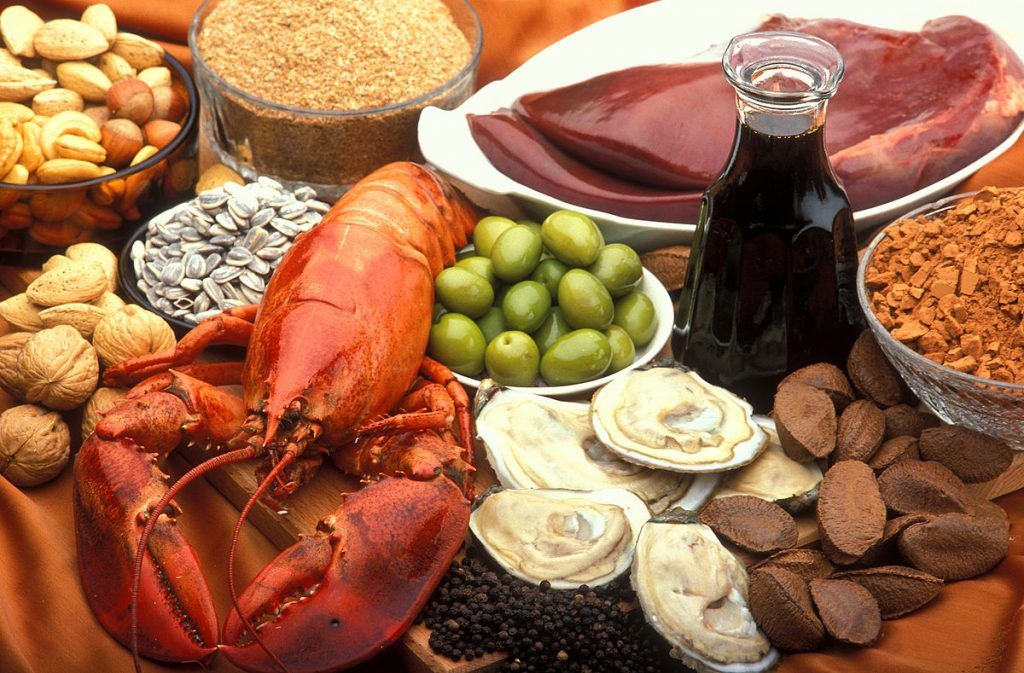The environment and food minister, Jakob Ellemann-Jensen, yesterday published a new action plan to revolutionise the food system and provide sustainable, healthy protein choices – an essential component of healthy eating.
His proposal follows recommendations made by the Nationale Bioøkonomipanel, which identify the protein-rich foods that are likely to become more viable in the future as traditional choices become less sustainable.
Denmark should take the lead
Ellemann-Jensen envisions Denmark “taking the lead in developing new, innovative and sustainable food” and replacing up to one-third of all imported proteins with more sustainable and – most importantly – local alternatives.
“The development of new sustainable proteins not only contributes to reaching the UN’s global sustainable development goals, but also offers strong support to our food industry,” he said.
Protein of the future
In the future, Nationale Bioøkonomipanel expects most of the protein included in animal feed to come from agricultural crops known for their high protein content such as grass, clover and legumes.
READ ALSO: Insect farms could become the future of Danish agriculture
In regard to human consumption, the likes of mussels, insects and seaweed were identified as potential future protein food products that could become easily accessible in Denmark.














